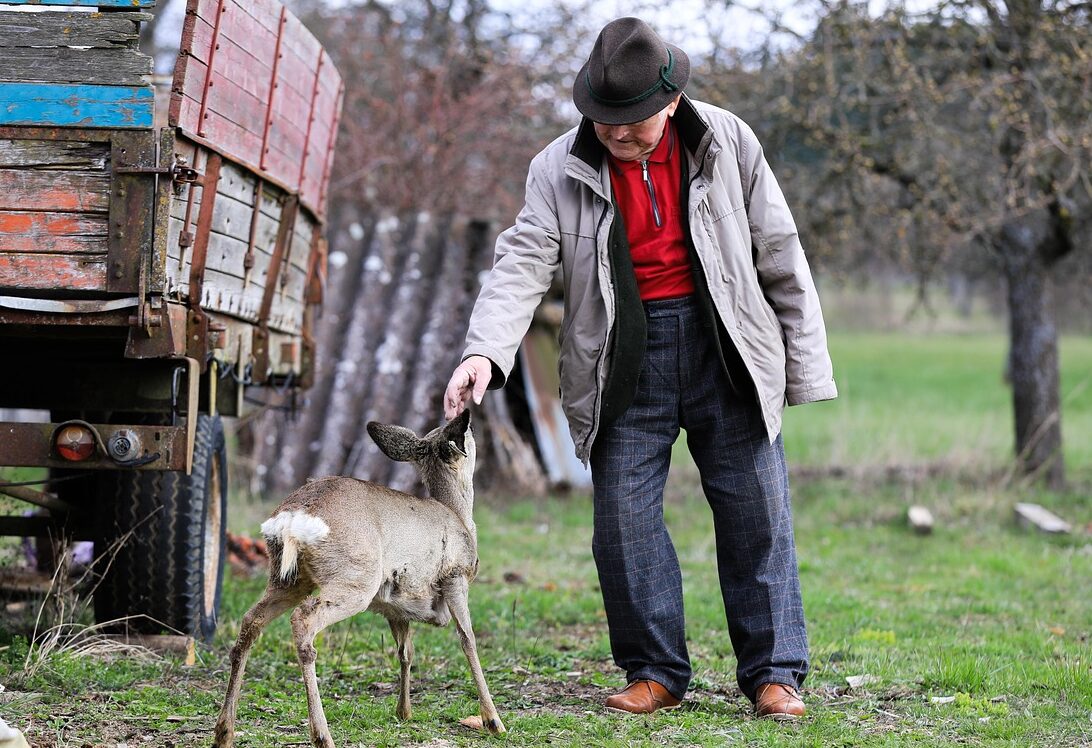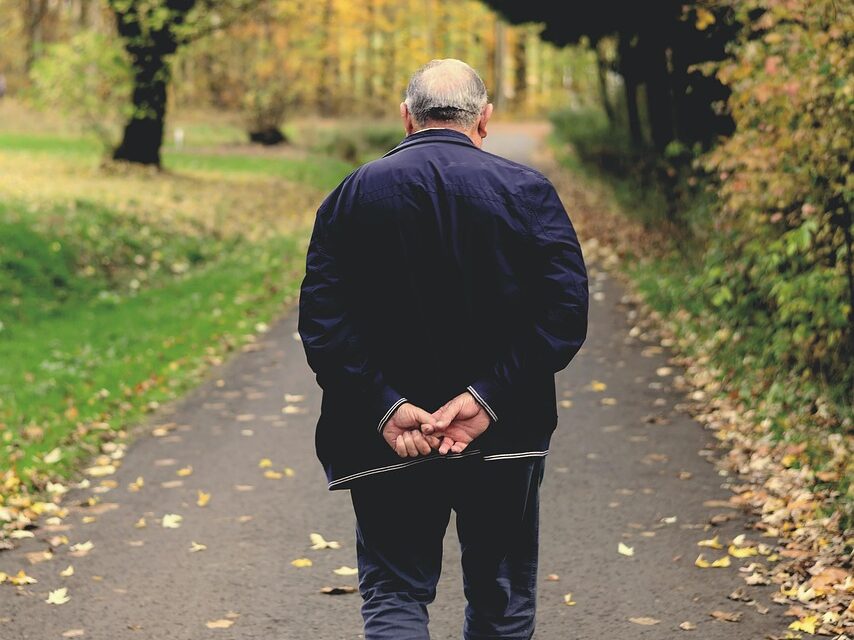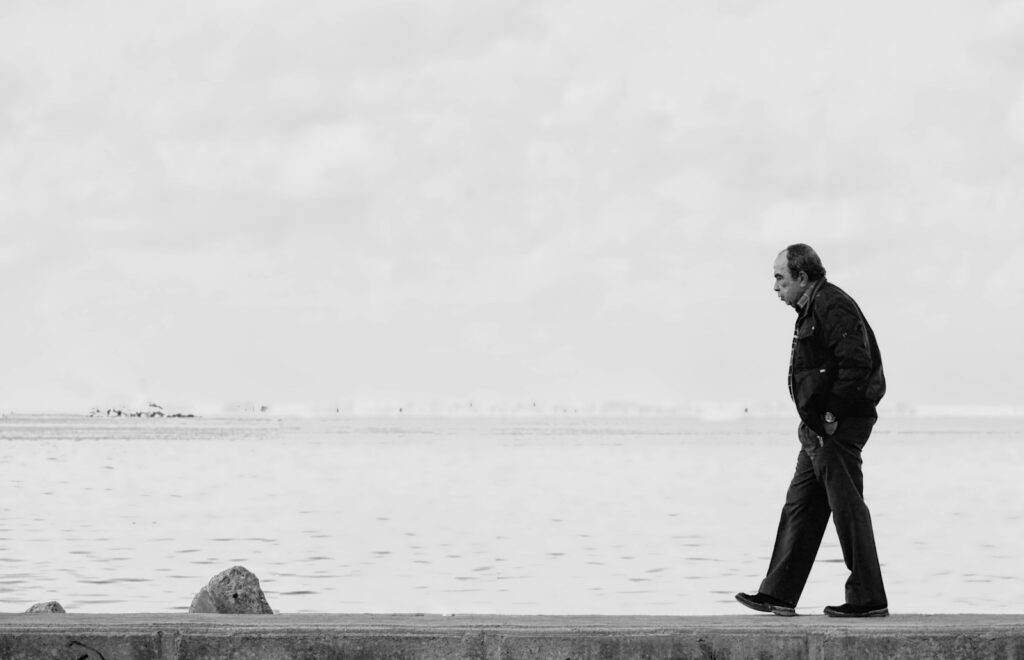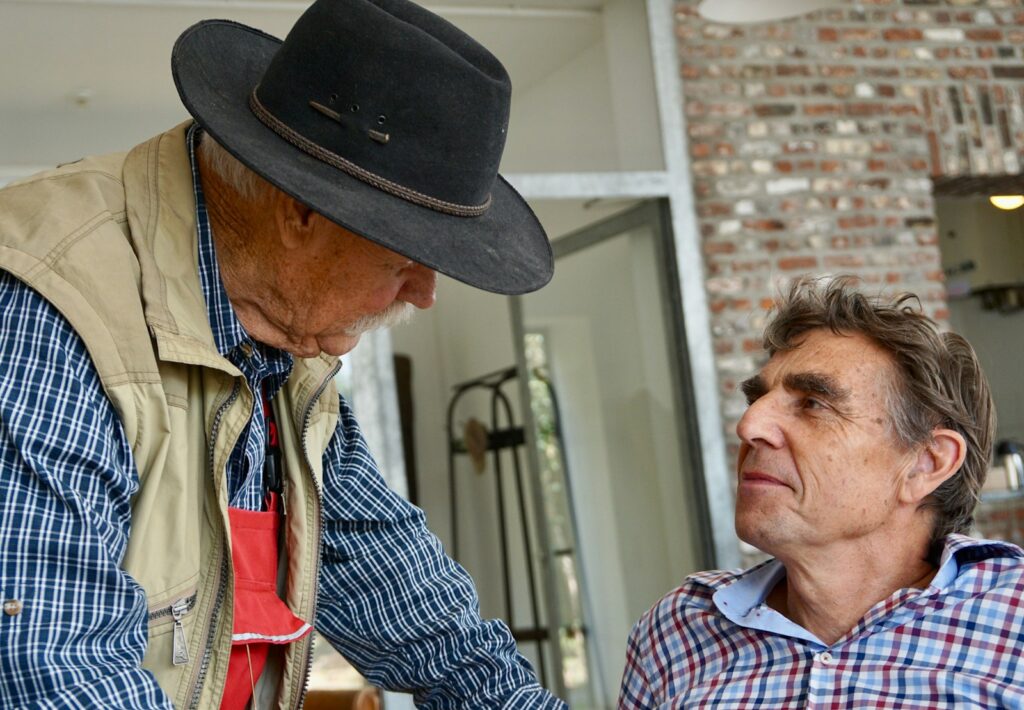Lifestyle
15 Things No One Tells Older Men About Life After Divorce

Divorce later in life reshapes everything—from your routines to your sense of identity. While advice tends to focus on logistics or dating again, what’s often left unsaid is what it feels like once the silence sets in. These are the truths many older men only understand once the papers are signed and real life begins.
It’s Not the Silence That Hurts—It’s the Sudden Stillness

At first, peace seems like a reward. But then you notice the stillness. Not just quiet halls, but the absence of energy—of being known, of being spoken to. Even if the marriage was strained, you were still woven into a rhythm. Now, time feels looser, slower, and lonelier in ways you didn’t expect.
Your Identity Was More Tied to Her Than You Realized

You might’ve thought of yourself as independent, but over the years, her presence shaped your identity. You were a husband. A provider. Part of a team. After divorce, it can feel like the floor beneath that role disappears. You’re not just rebuilding your life—you’re rediscovering who you are without someone else as your mirror.
You Might Miss the Smallest Things the Most

It’s rarely the big anniversaries or vacations that hit the hardest. It’s the way she left the porch light on. The coffee already brewing. Her voice calling from another room. These tiny rituals, once background noise, become sharp reminders of what used to be—and what will never be quite the same again.
Some People Will Drift—and It’s Not Personal

Friends who were part of “you both” may start pulling away. Invitations slow. Conversations feel more surface-level. It can sting. But it’s rarely about you—it’s about discomfort, uncertainty, or loyalty. Letting go of these social attachments is its own kind of grief, but it also clears space for new, authentic connections to emerge.
You’ll Grieve the Idea of the Marriage More Than the Reality of It

Even in an unhappy marriage, there was a dream once. A hope of how things would be. What you grieve is often not the day-to-day life but the life you imagined you’d share. The plans you never made. The version of yourselves you never became. Letting go of that imagined future hurts in its own quiet way.
Freedom Isn’t Always What You Thought It Would Be

The idea of total independence can be seductive. But in practice, freedom can feel unstructured and isolating. You can eat what you want, stay out as long as you please—but no one’s waiting for you at home. No one’s wondering how your day went. It turns out that boundaries weren’t always limitations. Sometimes, they were intimacy in disguise.
You’ll Question If You Did Enough—Even If You Know You Did

There will be nights when the silence gets loud. You’ll wonder if one more conversation, one less argument, or a bit more effort could’ve saved it. Logic might tell you it wouldn’t have mattered—but your heart won’t always agree. The hardest thing may be accepting that doing your best doesn’t always mean getting the outcome you hoped for.
You’ll Start Relearning the Basics of Being Alone

You might not have realized how much she handled scheduling appointments, remembering birthdays, and social calendars. Now, even small tasks feel strange. Cooking, for one, feels awkward. Grocery shopping feels foreign. It’s not incompetence—it’s readjustment. With time, these routines become yours again. But at first, they feel like walking through someone else’s life.
People Will Ask If You’re Dating Again—Before You’re Ready

There’s pressure to “move on,” often masked as jokes or curiosity. Friends might push you toward apps or offer to set you up. But healing doesn’t follow a social timeline. You may not be ready to date—or you may not want to at all. That choice is yours. The world moves fast, but you don’t have to.
You Might Feel Invisible in a Way You Never Have Before

As a married man, you had a place in the social world. After divorce, that identity shifts. You may feel overlooked in group settings or uncertain where you belong. Society often equates purpose with partnership, so going solo—especially as an older man—can feel like fading. But it also makes room to be seen as yourself again.
You’ll Miss Being Someone’s First Call

There’s an ache that comes from no longer being the person someone checks in with first. When something goes wrong—or right—you’re no longer their go-to. That absence can feel like silence from the deepest part of your life. Over time, you’ll build new bonds, but it’s okay to mourn being someone’s person.
You’ll Grow in Ways You Weren’t Expecting

You’ll start asking yourself harder questions. You’ll confront parts of yourself that were quiet before—your communication style, your coping habits, your blind spots. Some of this growth will be painful, but it will also be freeing. Divorce, at any age, is a turning point. And if you let it, it can lead to better understanding—not just of relationships, but of you.
You’ll Regret Some Things—But Not Everything

Regret doesn’t mean you made the wrong choice. It means you cared. You’ll regret how you handled certain moments, what you said—or didn’t. But you’ll also find peace in what you protected, what you preserved, and what you finally let go of. Divorce doesn’t undo the past—it reframes it.
You’ll Discover New Joys—Even If You Didn’t Think You Would

At first, the idea of happiness post-divorce might feel distant or even disloyal. But eventually, joy creeps back in—often in small, quiet ways. A hobby returns. A friendship deepens. A sunset looks different. These moments remind you that this new life, though unfamiliar, still holds beauty—and that you’re allowed to enjoy it.
You’ll Learn That Life After Divorce Isn’t the End—It’s a Return

You’re not starting from scratch—you’re starting from experience. What comes next doesn’t need to mimic the past. Many older men find themselves returning to the person they were before the compromises, before the role. You’re not going backward—you’re coming home to yourself, maybe for the first time in a very long while.

